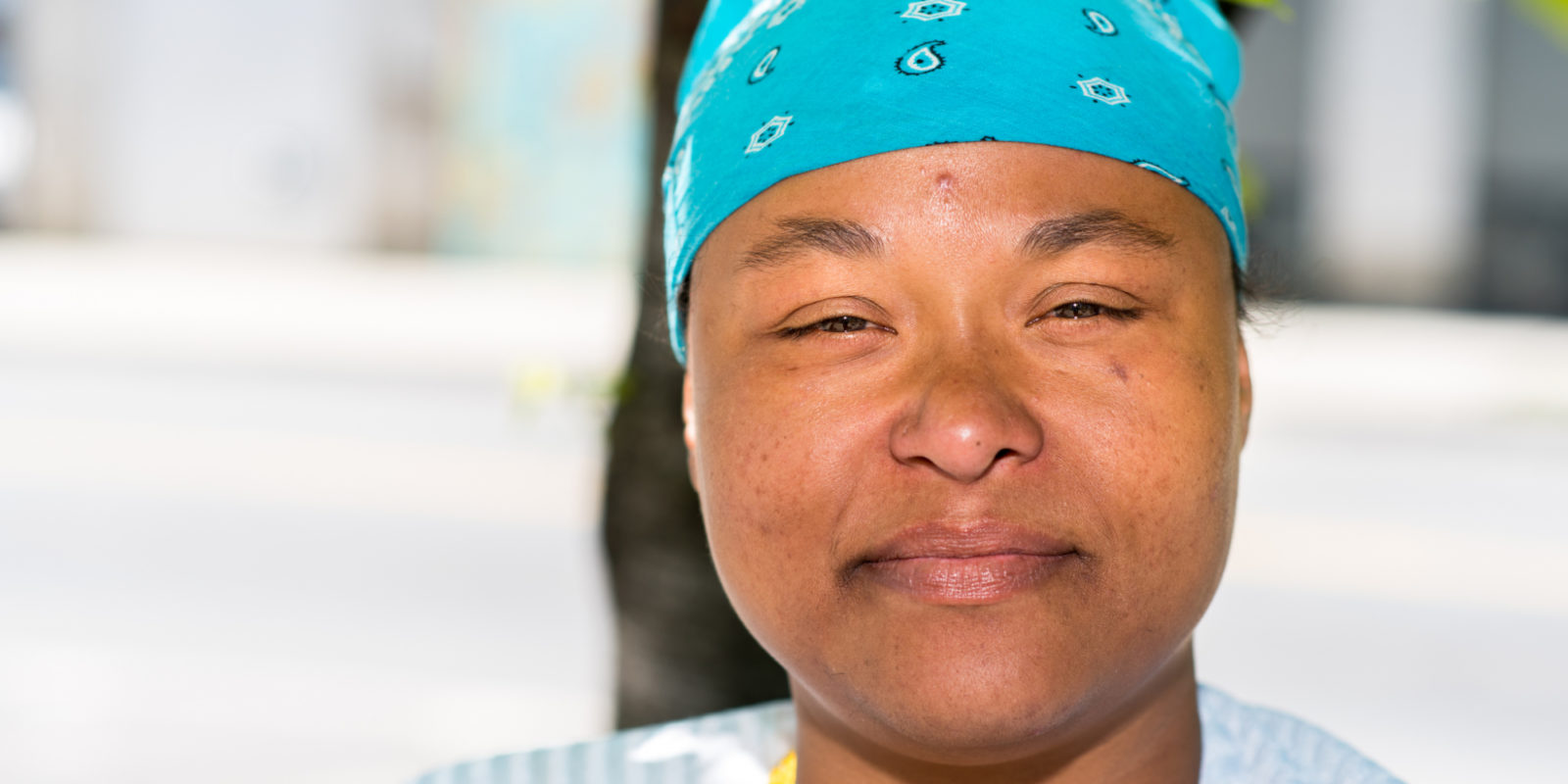As the coronavirus continues to spread across the country and world, Gov. Gina Raimondo has given one clear message to Rhode Islanders — stay home. But for those with no home to stay in, the directive isn’t so simple.
March 16, 2020
Providence Journal Staff Writer
PROVIDENCE — As the coronavirus continues to spread across the country and world, Gov. Gina Raimondo has given one clear message to Rhode Islanders — stay home.
But for those with no home to stay in, the directive isn’t so simple.
“It’s great advice in this current crisis,” said Jessica Salter, chief philanthropy officer for Amos House, a social-services agency that manages the state’s largest soup kitchen. “It’s also an enormous amount of privilege to be able to stay in our homes.”
Healthwise, Rhode Island’s homeless population is already one of the most vulnerable in the state, said Caitlin Frumerie, executive director of the Rhode Island Coalition for the Homeless.
Eighty to 90% of those experiencing
homelessness are smokers, making them more susceptible to serious
respiratory illness, she said. Those dealing with homelessness also have
shorter life expectancies and are less likely to have primary-care
doctors compared with those who live in stable housing.
As state officials continue to instruct people to work from home and self isolate, Frumerie said advocates are scrambling to keep members of the homeless population safe.
“It’s a challenging environment for anybody right now, but if you don’t have a home, this is yet another time when, in a way, you’re almost discriminated against and marginalized and forgotten about,” Frumerie said.
In response to a state prohibition on large gatherings, Amos House is now serving all meals from its soup kitchen to go, Salter said. The agency, which is operating at reduced staffing levels, has also closed its main center, where many programs, such as Alcoholics Anonymous meetings, are hosted.
Fay Simpson, 49, who was homeless for about seven months before moving into a women’s home run by Amos House two weeks ago, said that because of the closures, she hasn’t been able to attend her regular recovery programs or eat in the cafeteria. Simpson, who lives with nine other women, said she mostly spends her days reading, watching TV and doing chores.
But with the closings of buildings such as warming centers, public libraries, restaurants and cafes, where people used to be able to sit for a few hours, use the bathroom and wash their hands, many are left with nowhere to go during the day, she said.
“Now that the [Amos House] center’s closed, a lot of the homeless people don’t know what to do,” she said.
At Harrington Hall, a men’s shelter in Cranston run by Crossroads Rhode Island, the state’s largest social-services agency serving the homeless, staff are attempting to prevent people from staying in different places each night by guaranteeing that those who sleep in the shelter will have a bed there the following night, said Karen Santilli, president and CEO of Crossroads.
Staff have been instructed to screen people seeking services at Crossroads’ headquarters by asking them how they’re feeling, and if they present with symptoms of COVID-19, the respiratory disease caused by the coronavirus, encouraging them to get tested, Santilli said. But, she said, staff does not have the ability to take people’s temperatures because they don’t have thermometers.
Santilli said Crossroads is working with a state task force on homelessness and the coronavirus to find ways to transport people to Department of Health testing facilities. So far, Crossroads has not had any cases of COVID-19 among the people that it serves, but Santilli said she expects that to change.
Another organization serving the homeless, House of Hope, is conducting all of its case management via phone, and on Monday, shut down its walk-in program based out of the Department of Human Services building in Pawtucket, said Laura Jaworski, executive director of the agency.
For the time being, House of Hope is still running its Shower to Empower program that provides mobile showers, haircuts and medical exams to residents who need them.
As the effects of the spreading coronavirus on the economy continue to worsen, Santilli said she fears that more people will become homeless due to job loss and evictions.
“We’re used to working with individuals and families that are in crisis,” she said. “This is a whole different level of crisis than we’ve ever worked in before.”
Article available on providencejournal.com

